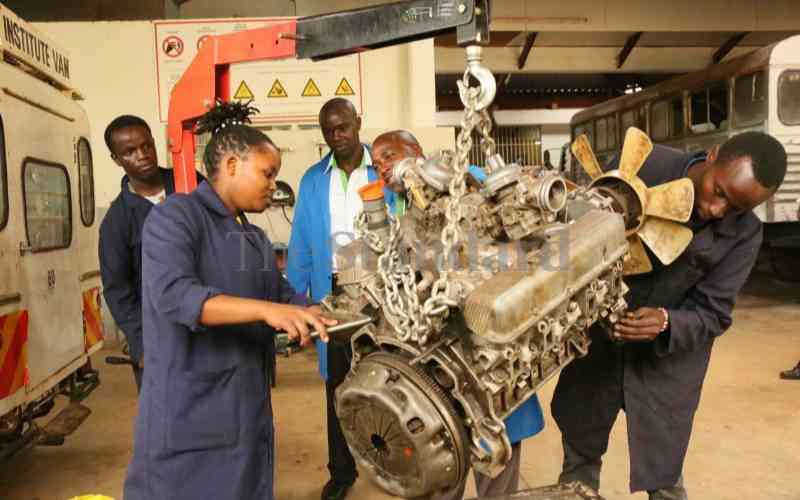×
The Standard e-Paper
Home To Bold Columnists

More vocational training centres are increasingly presenting students to take national tests administered by the national examination council.
An analysis of a report by the Kenya National Examination Council (Knec) shows that some 1,765 candidates received their craft certificates for their July 2020 exams.